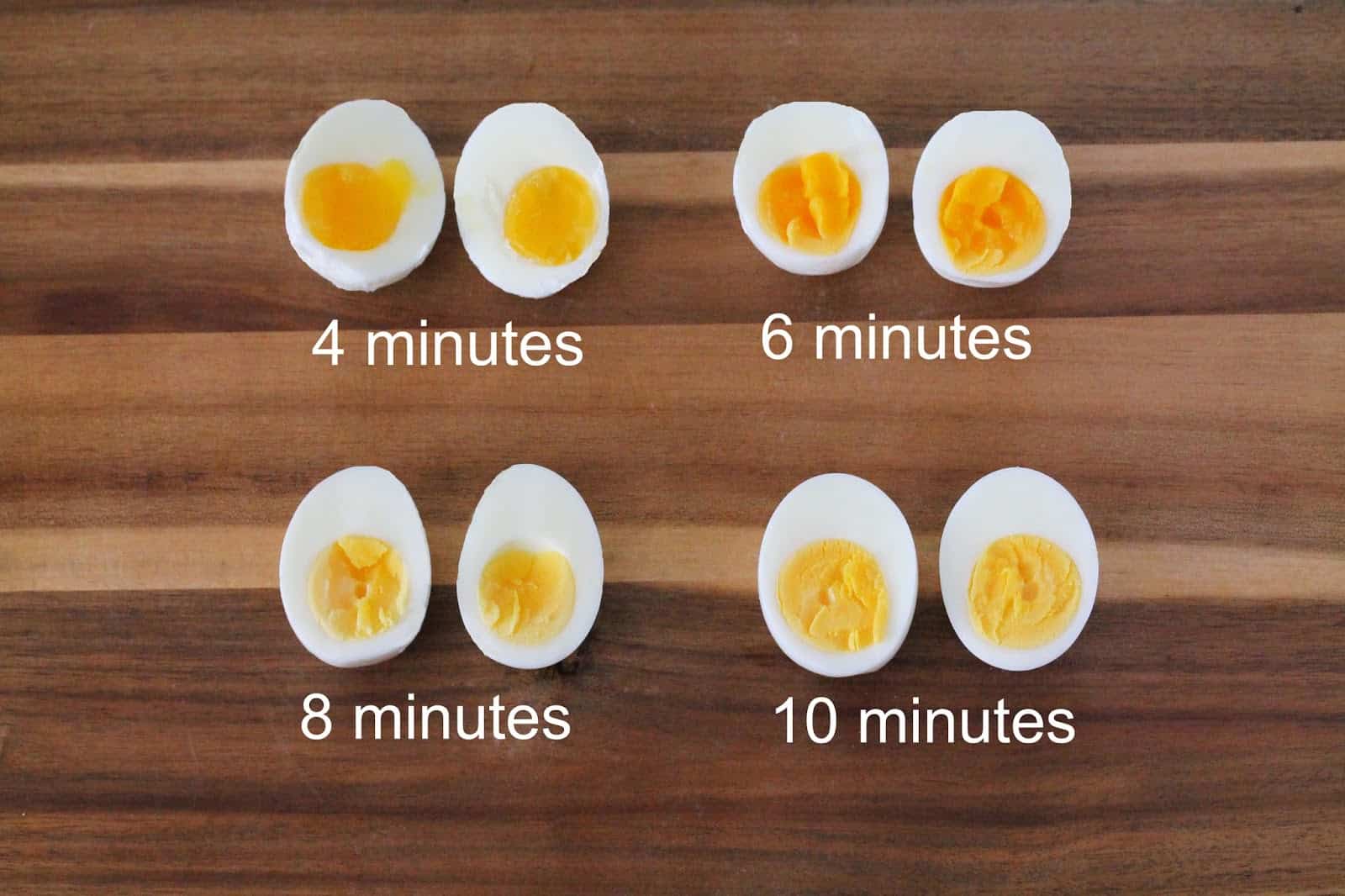Quail eggs, the petite yet flavorful counterparts of chicken eggs, have captivated gourmands and home cooks alike with their versatility and nutritional punch. Whether you’re a culinary novice or an experienced chef, mastering the art of boiling quail eggs is essential for unlocking their full potential. In this comprehensive guide, we’ll delve into the intricacies of boiling quail eggs, ensuring you serve up consistently perfect results every time.

How Long To Boil Quail Eggs
The Perfect Boil: A Journey to Culinary Precision
Boiling quail eggs is a seemingly straightforward task, yet it requires meticulous attention to detail to achieve the desired texture and flavor. The secret lies in understanding the delicate balance between cooking time and water temperature. Unlike chicken eggs, quail eggs cook much faster due to their smaller size. Overcooking can result in rubbery yolks and tough whites, while undercooking poses food safety concerns.
The Ideal Water Temperature
The first step towards perfectly boiled quail eggs is controlling the water temperature. Cold water encourages even cooking, preventing the formation of an unsightly green ring around the yolk. Bring the water to a gentle simmer (around 185°F or 85°C) before adding the eggs.
The Boiling Duration
Quail eggs require a shorter boiling time compared to chicken eggs. Here’s a handy guide to achieve various levels of doneness:
- Soft-boiled (runny yolk): 3-4 minutes
- Medium-boiled (semi-set yolk): 4-5 minutes
- Hard-boiled (fully set yolk): 6-7 minutes
Remember that these times are approximate and may vary slightly depending on the size and freshness of the eggs.
Exploring the Wonders of Quail Eggs: A Culinary Odyssey
Quail eggs, once considered a delicacy, have become increasingly popular in recent years. Their diminutive size and nutritional prowess make them an ideal choice for various culinary creations.
- Dietary Delights: Quail eggs are packed with essential nutrients, including protein, iron, and vitamins A, B, and D. Their high nutritional value makes them a healthy addition to any diet.
- Culinary Versatility: Quail eggs can be boiled, fried, poached, or roasted. Their mild flavor complements a wide range of dishes, from salads and sandwiches to appetizers and hors d’oeuvres.
- Aesthetic Appeal: Quail eggs’ small size and speckled shells lend them a charming visual appeal. They add a touch of elegance and sophistication to any dish.
Tips and Expert Advice for Boiled Quail Egg Perfection
- Use older eggs: As eggs age, the air pocket inside expands, making them easier to peel.
- Add salt to the water: Salt helps to firm up the whites and prevents the eggs from cracking during boiling.
- Cool the eggs immediately after boiling: This step halts the cooking process and makes peeling the shells easier.
- Peel under running water: Gently rolling the eggs under cold running water helps loosen the shells.
Frequently Asked Questions (FAQs) on the Art of Boiling Quail Eggs
-
Q: What happens if I boil quail eggs for too long?
A: Overcooked quail eggs will have rubbery yolks and tough whites. Stick to the recommended boiling times for optimal results. -
Q: Can I boil quail eggs with chicken eggs?
A: Yes, but adjust the boiling time based on the size and type of eggs you’re using. -
Q: How do I store boiled quail eggs?
A: Hard-boiled quail eggs can be stored in the refrigerator for up to 5 days. Peel them only before serving to preserve their freshness.
Conclusion: Embracing the Delights of Perfectly Boiled Quail Eggs
Mastering the art of boiling quail eggs opens up a world of culinary possibilities. Whether you’re a fervent foodie or simply seeking to enhance your cooking skills, this guide will empower you to create perfect quail eggs every time. Remember, the key lies in controlling the water temperature, adhering to the recommended boiling times, and embracing the tips and expert advice provided.
So, are you ready to embark on a culinary adventure with perfectly boiled quail eggs? Let us know in the comments below!
How Long To Boil Quail Eggs

Image: www.silverkingbrewing.com










